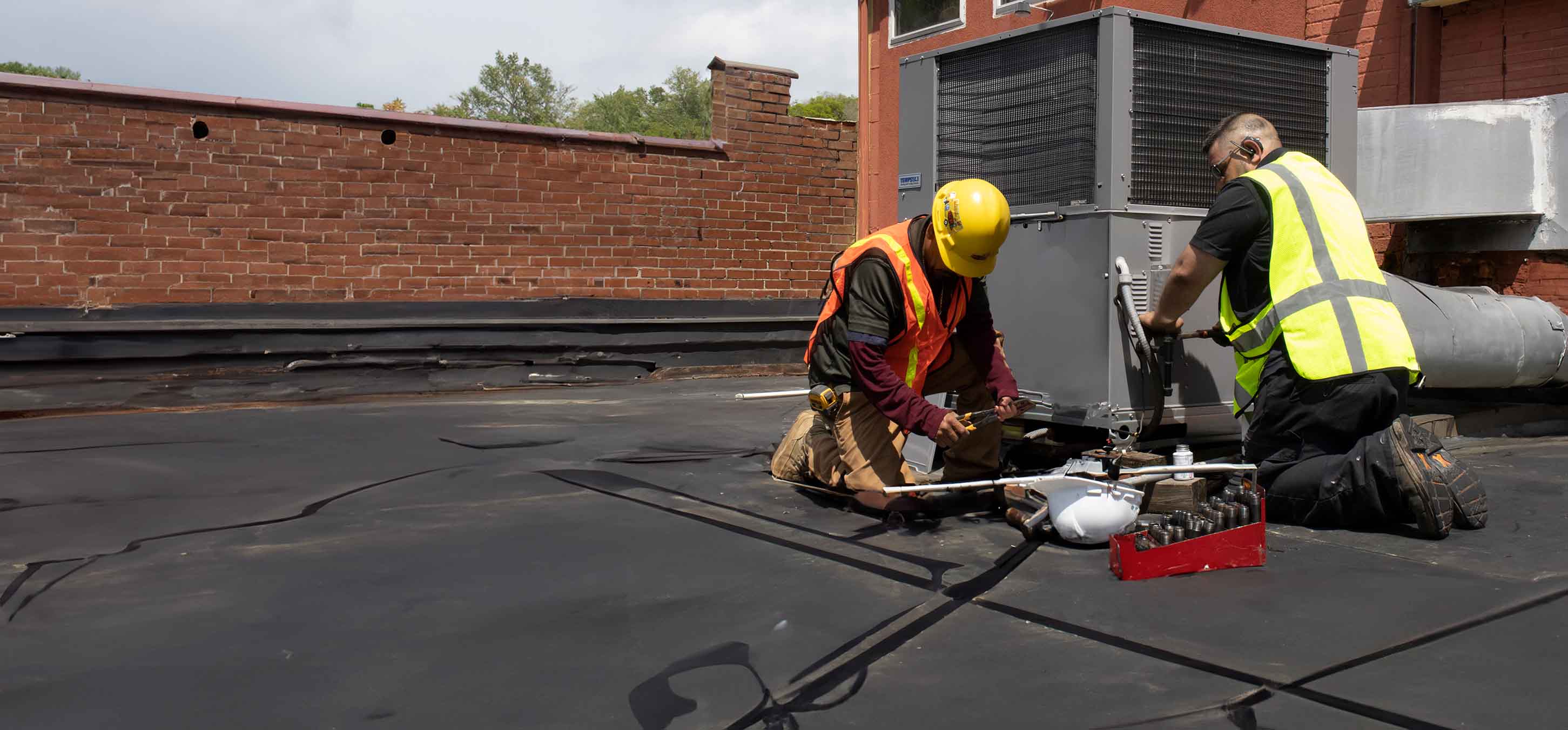

Energy Savings
Your trusted partner for professional home services. Quality workmanship, guaranteed satisfaction.




- HEP
- Energy Savings
Energy Savings | HVAC Unit Replacement | Heating and Air Conditioning | Manchester
When rising utility bills and uneven temperatures make your home feel less than comfortable, HEP’s energy-savings team is ready to step in with a seamless HVAC unit replacement. Our certified technicians in Manchester evaluate your current system, recommend the most efficient models, and install them with meticulous care—often in a single day. The result is whisper-quiet performance, improved indoor air quality, and monthly energy savings you’ll notice right away.
From free in-home estimates to transparent, upfront pricing and flexible financing, we make upgrading easy on your schedule and your budget. Every new unit includes a multi-year parts and labor warranty, plus the peace of mind that comes from working with a local company that’s been keeping Manchester families comfortable for decades. Let HEP help you cut costs, shrink your carbon footprint, and enjoy reliable comfort all year long.
FAQs
How do I know it’s time to replace my HVAC system instead of repairing it?
In Manchester’s climate, most heat pumps and air-conditioners last about 12–15 years and gas furnaces 15–20 years. Replacement is usually recommended when the unit is nearing this age and you’re experiencing one or more of the following: frequent or costly breakdowns, rising energy bills despite normal usage, uneven temperatures between rooms, excessive noise, or the use of outdated R-22 refrigerant. A new, high-efficiency system can cut energy consumption by 20–40 %, making replacement more economical than continuing repairs.
What size HVAC unit is right for my Manchester home?
Proper sizing is critical: an undersized system will run constantly and an oversized system will short-cycle, both wasting energy. A qualified installer should perform a Manual J (heat-load) calculation that considers your home’s square footage, insulation levels, window types, orientation, number of occupants, airtightness, and Manchester’s weather data. Avoid rule-of-thumb sizing; a professional load calculation ensures optimal comfort, efficiency and equipment longevity.
How much can I expect to save on energy bills with a new high-efficiency system?
Savings depend on your current equipment’s age and efficiency, the new system’s SEER/SCOP rating, electricity and gas tariffs, and how well your home is insulated. Replacing a 10 SEER air-conditioner with a 17 SEER model or upgrading an 80 % AFUE furnace to a 96 % AFUE unit typically lowers annual heating/cooling costs by 25–45 %. For an average Manchester household spending £1,200 a year on heating and cooling, that equates to £300–£540 in annual savings, delivering a payback in 5–8 years when combined with available rebates.
Are there rebates or incentives available in Manchester for upgrading to an energy-efficient HVAC system?
Yes. Homeowners may qualify for the UK Government’s Boiler Upgrade Scheme (BUS), providing grants up to £7,500 for air-source heat pumps, and the Energy Company Obligation (ECO4) for certain households. Greater Manchester Combined Authority occasionally offers local grants, and manufacturers frequently run seasonal cashback or extended-warranty promotions. Your installer can help you assemble the paperwork and verify eligibility; applying before installation is crucial to secure funds.
How long does an HVAC replacement take and what should I expect during installation?
Most straightforward replacements are completed in one working day, although adding new ductwork or converting from a boiler to a heat pump can take 2–3 days. On arrival, the crew will protect floors, isolate power, safely remove the old equipment, set the new condenser/air handler or furnace, connect refrigerant and electrical lines, pressure-test and evacuate the system, charge with refrigerant, and commission it to manufacturer specifications. A final walkthrough covers thermostat programming, filter location, and warranty registration. Your heat and cooling will be back on before the technicians leave.
What maintenance is required to keep my new HVAC system running efficiently?
Replace or clean filters every 1–3 months, keep outdoor condensers free of leaves and debris, and schedule professional servicing each spring (cooling tune-up) and autumn (heating tune-up). Annual maintenance includes checking refrigerant charge, inspecting heat exchangers, tightening electrical connections, cleaning coils, and verifying thermostat calibration. Regular upkeep preserves your warranty, maximises energy savings, and can extend equipment life beyond 15 years.